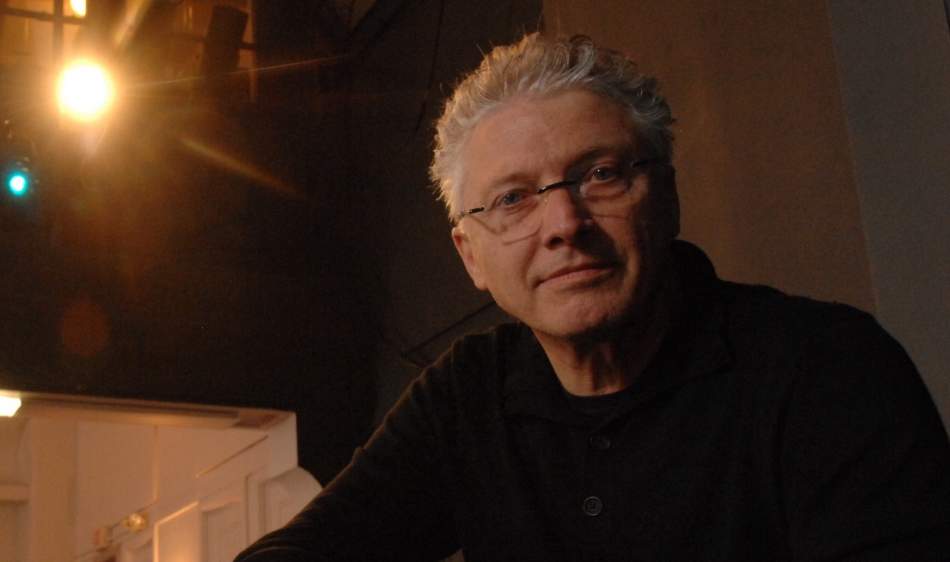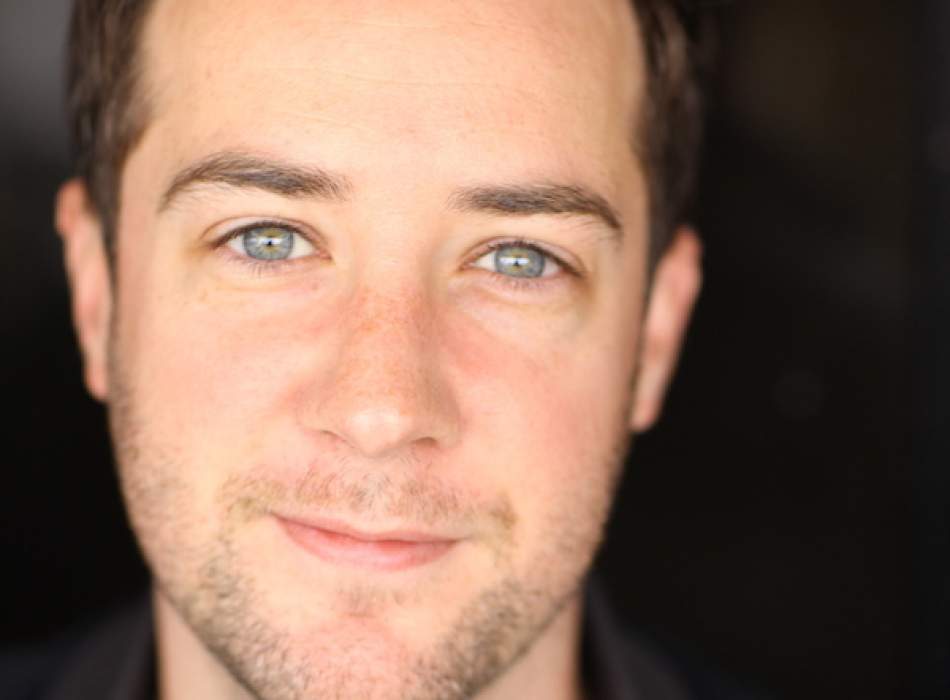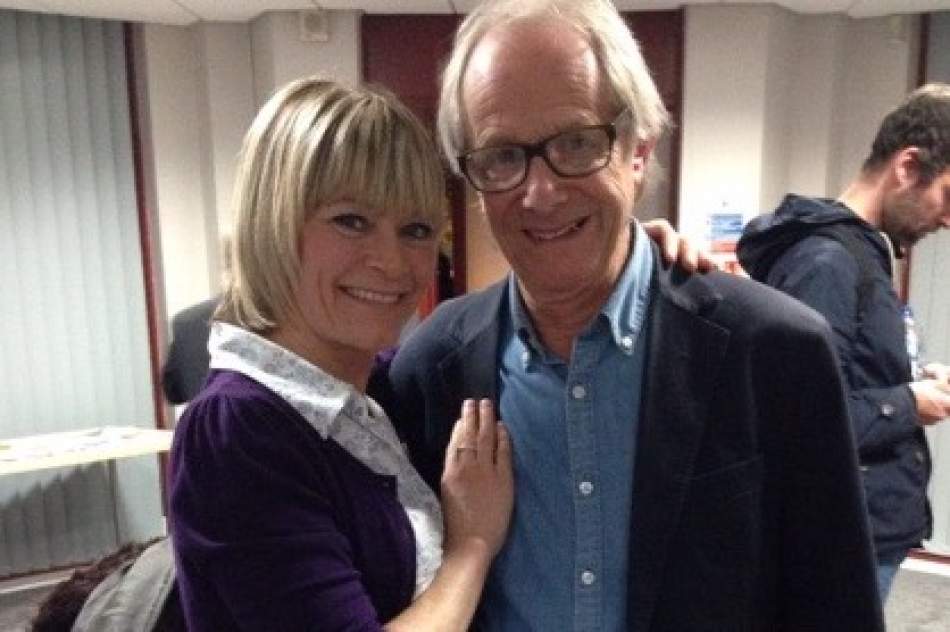Interview with author John Biguenet
Daily / Interview - 22 August 2019
Silence is the recent novel of John Buguenet.

John Biguenet has published nine books, including Oyster, a novel, and The Torturer's Apprentice: Stories, released in the U.S. by Ecco/HarperCollins.
Q. Your recent book is "Silence." Why did you choose this topic?
A. When I was approached by the editors of the Object Lesson series, I was asked what object I would like to write about. As a writer, I spend much of my day in silence, either reading or writing, so it is something with which I am very familiar. When I proposed my subject, the editors were surprised that I thought of silence as an object. But silence is as much an object as is zero—and just as useful. Especially as I examined silence as a luxury good, as a punishment, as a weapon of authority, as the guardian of secrets, as that which torture seeks to overcome, its various manifestations and its nearly inexhaustible utility made clear that silence is one of the most common of objects.
Q. "Oyster" instead is set in Louisiana in 1957, with a mortal feud between two families. What does the oyster symbolize?
A. An oyster is a creature that lives between things. Its bed is in brackish water—a place where saltwater and fresh water mix. It changes its sex back and forth between male and female throughout its life. A bit like mud, its body is a mixture of solid and liquid. And as mud suggests, it is a creature of wetlands, the place between earth and ocean. Because my novel, Oyster, is a study of the United States in transition between its earlier culture of small, independent communities controlled by state governments to a nation in which states became increasingly subjected to a federal government, the oyster itself and the coastal wetlands where it thrived seemed an appropriate setting. Because 1957 was the year in which President Eisenhower sent federal troops to racially integrate a school in Little Rock over the objections of the governor of Arkansas, it seemed the right year to set my novel. It was the moment in which a new understanding of America overtook an older view. That deadly feud between states rights and national government continues in the U.S. We are still in between two visions of governance. Of course, in 1957 many other traditional understandings—racial segregation, the role of women, religious faith—were in conflict with new conceptions of individual rights. My novel examines some of these incipient transformations as well.
Q. Is Louisiana as mysterious a place as it is described in the novel?
A. Because Louisiana is my home, it’s the rest of the world that seems mysterious to me. But it is true that we take for granted the occasional alligator crawling up out of one of our bayous, the occasional bit of French findings its way into our English here, African strains of music insinuating themselves into our tunes, every possible mix of parentage coloring the skin of our fellow Louisianians. The continent’s greatest river, the mighty Mississippi, empties itself into the sea in Louisiana, and over the centuries that river and that sea have brought us nearly everything on earth that’s human. Like gumbo—our famous dark soup of African okra, Native American sassafras, Cajun andouille, and local seafood—we have found ways to combine what has washed up on our shore into one of the most distinctive cultures and cuisines in the world. How we’ve done that, though, is the real mystery.
Q. "The Torturer's Apprentice" is also macabre. What is your favorite kind of literature?
A. Each subject I explore in my writing finds its best expression in one genre or another. So I have tried to master as many forms of literature as possible. Whether it’s a volume of nonfiction to examine the nature of silence or a novel to look deeply at the transformation of my country after World War II, I tried to cast those quests for understanding into the literary form that seemed most appropriate to the subject. My most recent work for theater is typical of this approach. The Rising Water Trilogy of three plays I wrote about the flooding of New Orleans and its aftermath are realist plays that have many documentary elements. Though written at the same time, my play about the confessions of a witch, Broomstick, is composed entirely in rhyme. Short stories, however, are the greatest challenge since each story must find its own form. Those in The Torturer’s Apprentice include many different genres, from the fairy tale to a Kafka-like parable of metamorphosis to a simple dialogue between a man and a woman. I suppose what is common to everything I write is an effort to avoid sentimentality, and so much of my work, no matter what genre I choose for it, leans toward difficult and darker human conflicts.
Q. What is your favorite book and why?
A. I find I return again and again to The Odyssey. When I first read Homer’s masterpiece as a boy, I was shocked that Odysseus actually arrives back home halfway through the story. I began to understand that even once back in Ithaca, his journey continues as he tries to reclaim his family and his throne. I was also struck with the sense that Penelope, his wife, has been on a journey, too, during his absence even though she sleeps every night in a bed rooted to the earth.
Q. Have you ever been in Italy?
A. My grandparents were from Salerno and my wife’s grandmother came from Viareggio, so we have visited Italy a number of times. In fact, one chapter in Silence describes a dinner my wife and I had in Florence when we were very young. New Orleans is famous for its great restaurants, so when my daughter was about to turn sixteen, I told her that we would celebrate her birthday in any restaurant she’d like. The smart girl responded, “A restaurant in Venice.” So we celebrated her birthday in a charming trattoria overlooking a Venetian canal.
Q. What is your next project?
A. I have finished a new play, The Trouble with White People, that will premiere in the U.S. in 2019, and I am completing a new novel as well as a new collection of short stories. I’m also co-editing a collection of interviews with writers. And I’m trying not to write essays about politics—but considering the political situation in the U.S. at the moment, I’m afraid that intention will not last much longer.
© All right Reserved












